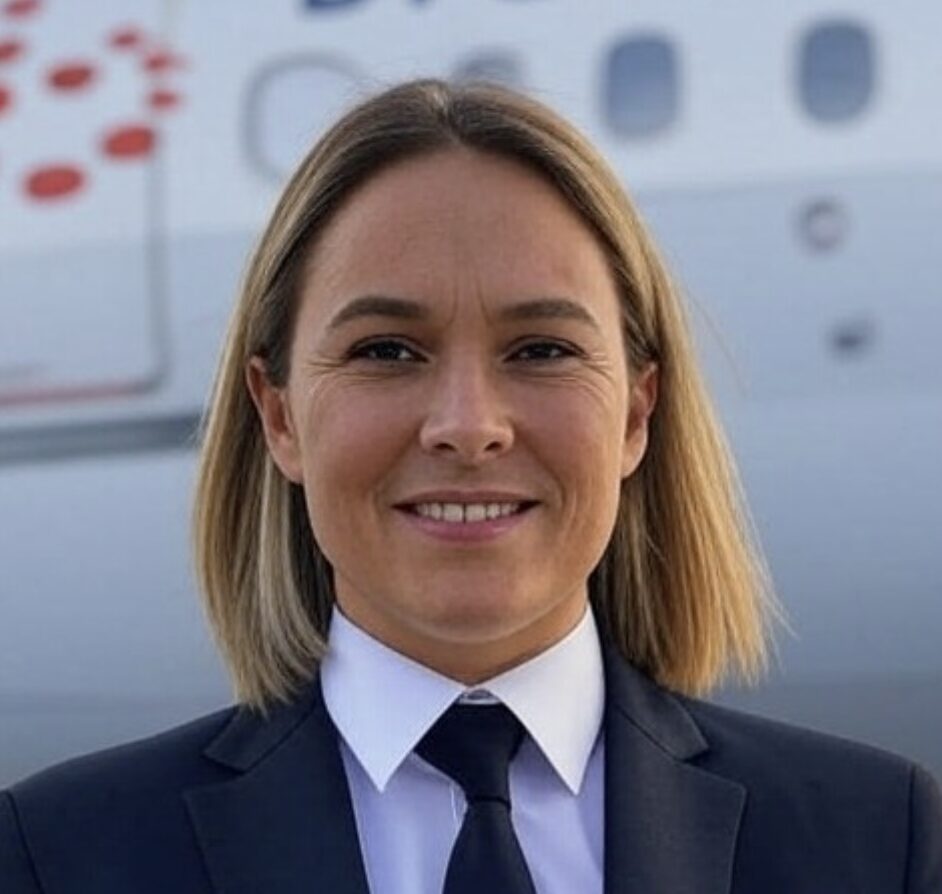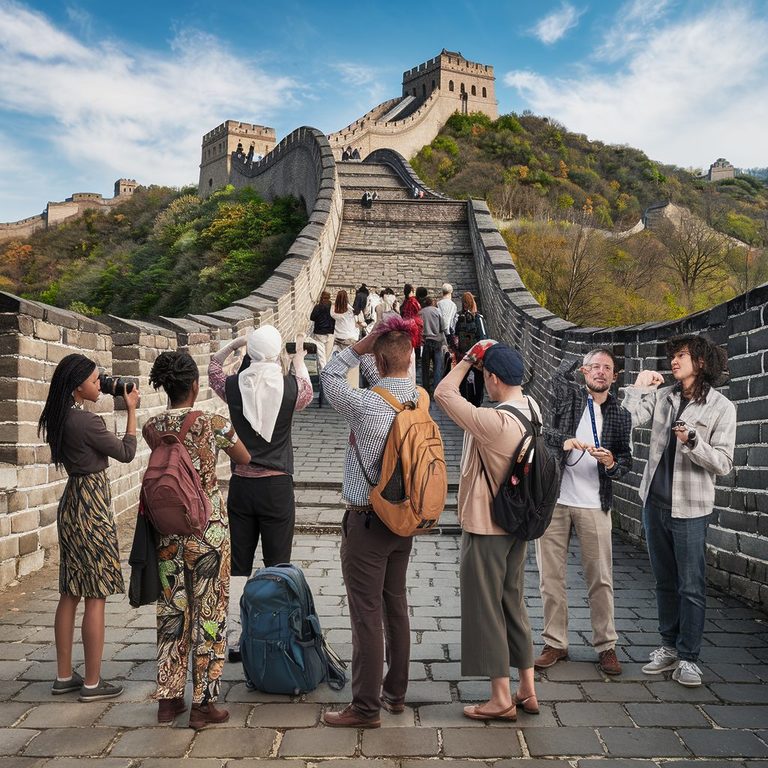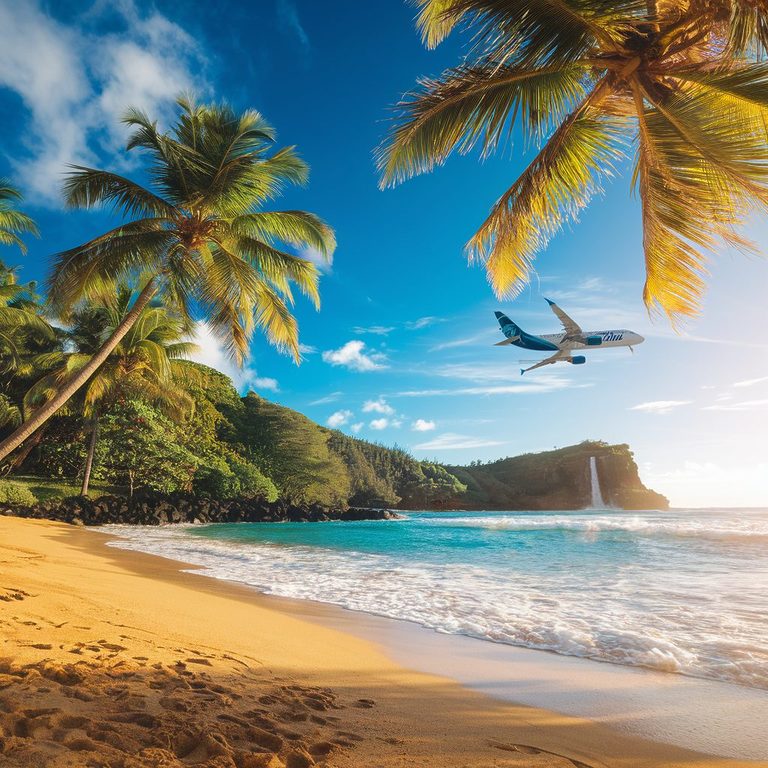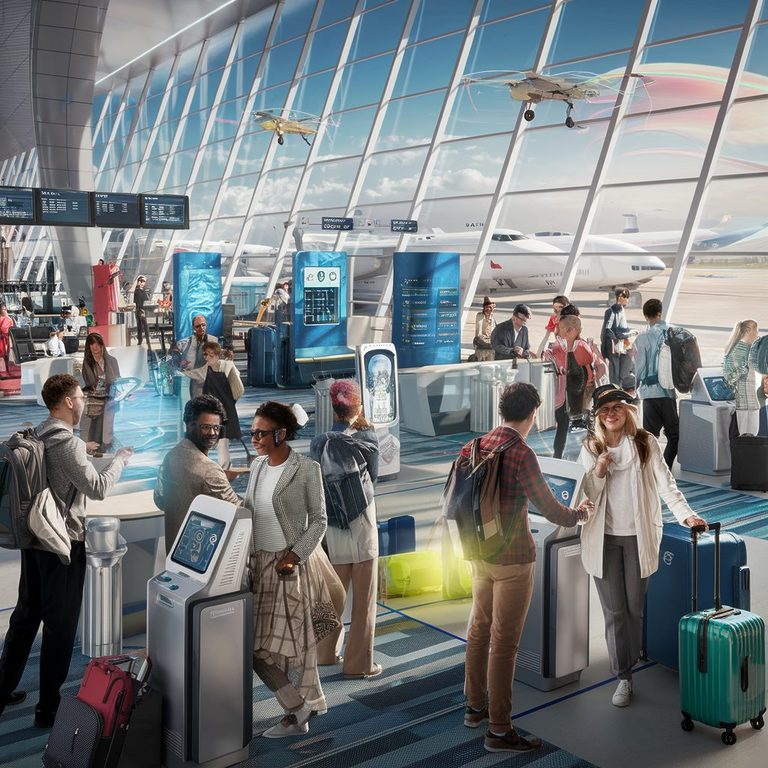The recent decision by the Trump administration to maintain Cuba’s status as a state sponsor of terrorism has significant implications for international travel. This classification affects the eligibility for the ESTA electronic travel authorization for individuals who have visited Cuba since the specified date in 2021, requiring them to navigate a more complex and traditional visa application process to enter the United States. As such, travelers must remain informed about the evolving regulations and the impact on their travel plans.
The recent political shift has led to the reclassification of Cuba as a state sponsor of terrorism by the U.S. government. As a result, individuals who have traveled to Cuba since January 12, 2021, face significant changes in their travel authorization options. Specifically, they are now required to apply for a traditional U.S. visa instead of utilizing the ESTA (Electronic System for Travel Authorization), complicating their journey.
In a reversal of former President Joe Biden’s decision, the Biden administration’s recent actions have reinstated Cuba on the list of countries designated as state sponsors of terrorism. This classification has notable implications for American and international travelers seeking to enter the United States after visiting Cuba. The shift affects the ease with which recent travelers to Cuba can gain entry into the U.S., highlighting the ongoing complexities of U.S.-Cuba relations.
Conclusion on the Implications of Travel Regulations
While the implications of the reactivation of Cuba’s status as a state sponsor of terrorism impact various travelers, it is wise to remain informed about shifting travel regulations and how they may influence the planning of future trips. Travelers must stay updated on the requirements for the U.S. entry processes and plan accordingly to avoid complications.
For further information regarding specific travel requirements, please visit this link and for updates on visa policies from France, refer to this source.
Other Nations Affected by Travel Restrictions
It is crucial to recognize that nationals of the 42 countries under the Visa Waiver Program (VWP) face similar restrictions if they have traveled to other regions such as Iraq, North Korea, Syria, Iran, Sudan, Libya, Somalia, or Yemen since March 1, 2011. These individuals, like those visiting Cuba, will also be ineligible for ESTA and must pursue traditional visas.
Changes in Visa Process for European Travelers
One significant group affected by these changes are European travelers. Many of them will need to adapt their travel plans accordingly, accommodating new visa application timelines and requirements that differ from the simple online ESTA process. The necessity to have personal interviews at embassies, alongside additional documentation, often results in extended lead times before travel. Thus, these new restrictions heighten the importance of understanding the U.S. visa application process for eligible travelers.
Key Points on ESTA Application Update Regarding Cuba
- Current Status: Cuba is still designated as a state sponsor of terrorism.
- Travel Eligibility: Individuals who visited Cuba since January 12, 2021, are ineligible for ESTA.
- Visa Requirements: A U.S. visa (B-1/B-2) is now mandatory for affected travelers.
- Application Process: Visa applications must be submitted at an U.S. embassy or consulate.
- European Travelers Impact: Increased administrative burden and advanced planning needed.
- ESTA Alternatives: Electronic visa application does not apply for those who visited Cuba.
- Broader Implications: Similar restrictions apply to travelers who visited specific countries listed by the U.S.
The recent decision to maintain Cuba on the state sponsors of terrorism list has significant implications for international travelers. Specifically, individuals who visited Cuba after January 12, 2021 are now ineligible for the ESTA (Electronic System for Travel Authorization) and must apply for a traditional U.S. visa instead. This added step complicates travel plans, particularly for European visitors who will need to navigate a more rigorous visa application process.
Visa Process Implications
Travelers are required to secure a U.S. tourist (B-2) or business (B-1) visa, which entails a more extensive and expensive application procedure at an American embassy or consulate. This reversal of Biden’s prior decision underscores the ongoing travel restrictions related to Cuba and highlights the necessity for travelers to stay informed about evolving regulations.

Hello! I’m Elisa, a 45-year-old travel companion with a passion for exploring new places and cultures. With years of travel experience under my belt, I thrive on creating memorable journeys for my clients. Let’s embark on an adventure together!



